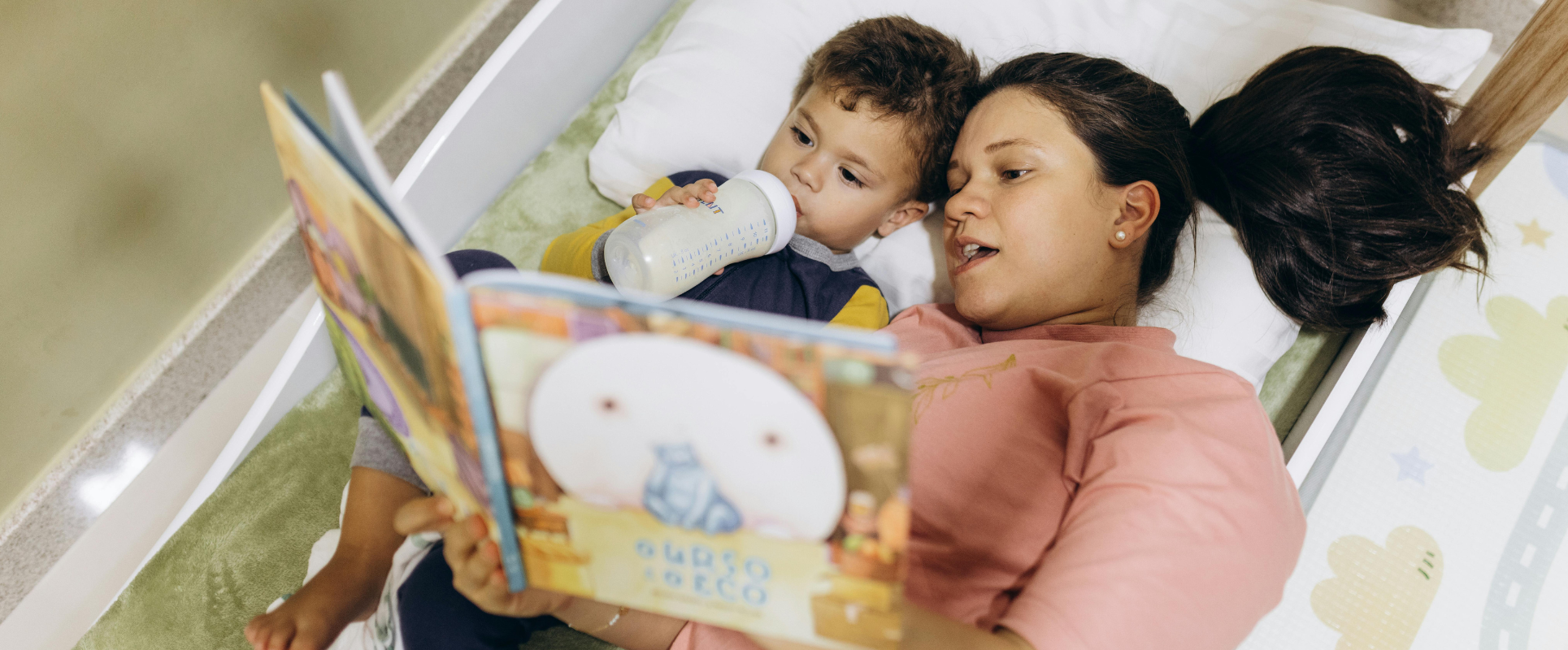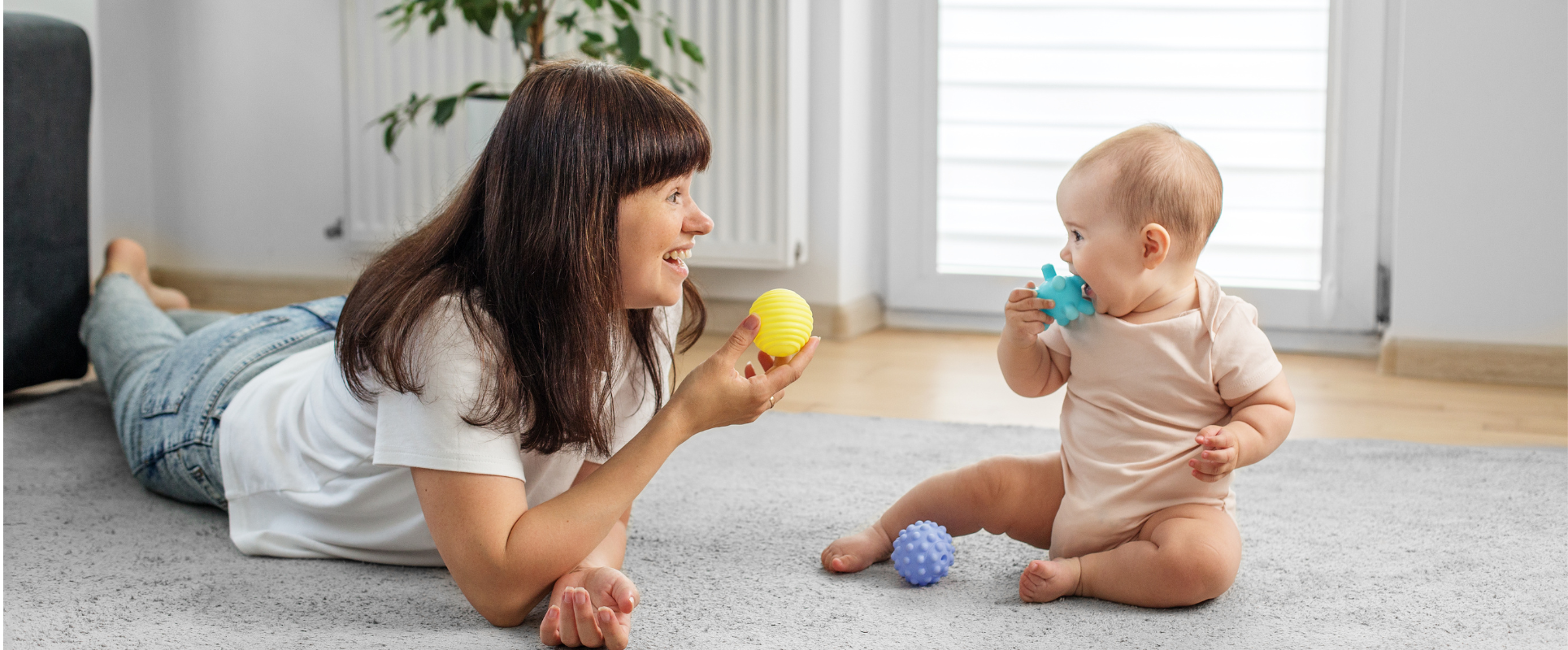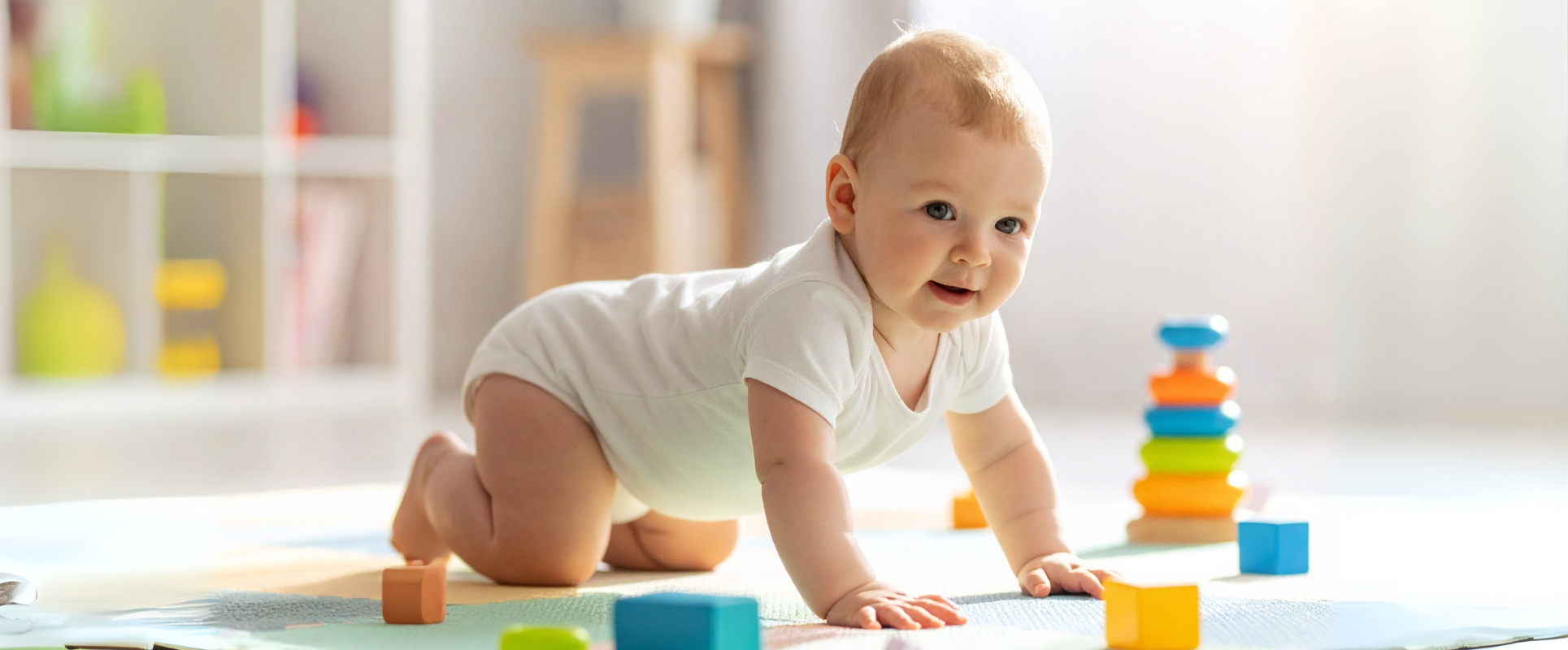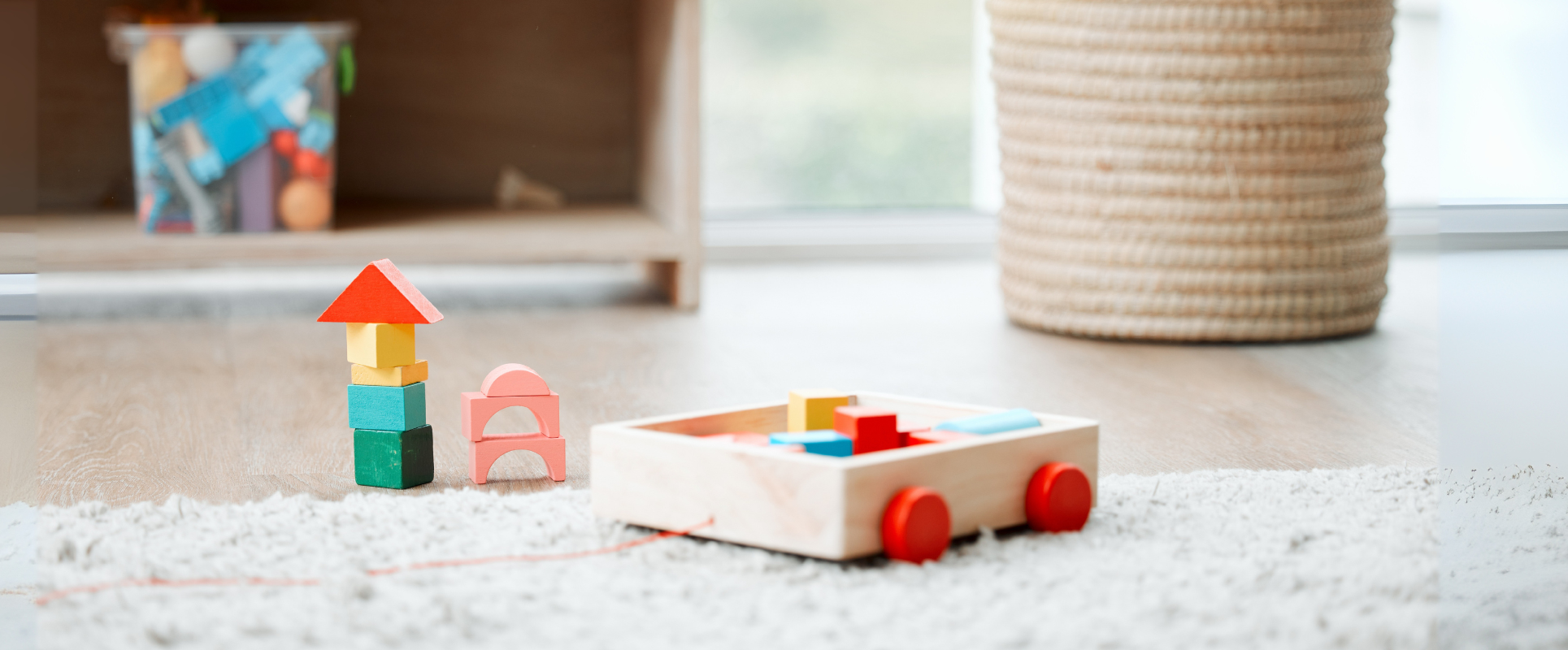
The Benefits of Reading to Children Early
Reading to children — from infancy through toddlerhood — does far more than just teach words. It builds foundations for language, thinking, emotional health and lifelong learning. In this article, we explore why starting early matters, what it supports, how parents & caregivers can make it work, and the scientific evidence that backs it up.
1. Why Reading Early Matters
-
Brain development starts very early. Even before a baby can speak, the brain is wiring itself to process sounds, patterns, stories and meaning. Shared reading helps shape those neural pathways for language, comprehension and social cues.
-
Habit formation. Early routines (e.g. bedtime story) teach children that books are part of daily life, making reading a natural and enjoyable habit.
-
Wider exposure to language. Everyday speech can be limiting in vocabulary, sentence variety, rhythm of language. Books expose infants to richer, more complex language.
2. Key Benefits for Child Development
Language & Vocabulary Growth
-
Babies exposed to consistent reading show stronger expressive & receptive language skills by 9 months of age. A recent randomized study found daily reading (at least one book a day from ~2 weeks old) significantly improved both understanding and speaking in infants.
-
Reading introduces new words, different sentence structures, rhyme, repetition—each one helping vocabulary expand even before formal schooling.
Cognitive & Logical Thinking Skills
-
Stories often involve cause & effect, sequence, time, choices & consequences. Following a plot helps toddlers begin to understand logical order and reasoning.
-
Emergent reading also helps with attention span, memory and other executive functions.
Emotional, Social & Bonding Advantages
-
Shared reading is a high-quality interaction: eye contact, shared attention, tone of voice. This strengthens attachment between parent/caregiver & child, giving the baby a sense of security and being loved.
-
Books also allow children to explore emotions — joy, fear, sadness — in safe, guided way; mirror their experiences; learn empathy.
School Readiness & Academic Success
-
Early language & vocabulary skills are strong predictors of how well children will learn to read and succeed in school.
-
Children read to often tend to perform better on tests of comprehension, spelling, and grammar in later childhood.
3. How to Read with Babies & Toddlers Effectively
-
Start as early as possible. Even newborns benefit. The sound of your voice, rhythm, melody of speech matters.
-
Make it interactive. Point at pictures, use different voices, pause to let baby coo or babble, ask questions even if they can’t answer yet.
-
Choose age-appropriate books. High-contrast images, fewer words per page for younger infants; more detailed stories for older toddlers. Durable board books or fabric books help with messy hands.
-
Routine-based reading. Bedtime, naptime, quiet moments are great. Regularity helps settle habits.
4. Tips for Busy Parents
-
Even reading 5 minutes a day is valuable. It’s consistency more than length that counts.
-
Use audiobooks or recordings if you're occupied but can still expose your child to spoken words.
-
Let older siblings or family members help—it becomes a shared family habit.
-
Keep books visible and accessible (low shelves, toddler-friendly).
5. Scientific Evidence & Trustworthy Studies
Here are some key studies & sources that provide strong evidence:
|
Study / Organization |
Key Findings |
|---|---|
|
Marshall University (Franks et al., 2022) |
Infants read one book per day from ~2 weeks old showed improved language scores by 9 months. |
|
Education Endowment Foundation |
Supports early years literacy: shared reading, vocabulary, decoding & comprehension skills predict academic outcomes. |
|
BookTrust (UK) |
Shared reading at home in early years linked to better academic performance, self-esteem, mental wellbeing. |
|
Cleveland Clinic / Health Authorities |
“Hearing words read aloud helps babies’ blossoming language skills…” and emotional bonding. |
6. Conclusion
Reading to children from the earliest possible age is one of the most powerful gifts a caregiver can give. It nurtures language, thought, emotion, and readiness for school—and builds a foundation for lifelong learning. Even small, regular efforts make a big difference. If you want your child to grow confident, curious, empathetic, and capable, books play a central role.
References
-
Cleveland Clinic — The Benefits of Reading to Babies https://health.clevelandclinic.org/the-benefits-of-reading-to-babies
-
Marshall University research (Franks et al.) — Daily, consistent parental reading in the first year improves infants’ language scores https://jcesom.marshall.edu/news/musom-news/marshall-university-study-shows-daily-consistent-parental-reading-in-the-first-year-of-life-improves-infants-language-scores/
-
BookTrust (UK) — Reading benefits & Shared reading at home https://www.booktrust.org.uk/resources/reading-benefits/
-
Education Endowment Foundation — Importance of reading in early years education https://educationendowmentfoundation.org.uk/early-years/literacy/the-importance-of-reading-in-early-years-education
FAQ
-
When should I start reading to my baby?
As early as possible—even in the newborn phase. Hearing your voice, experiencing rhythm & tone help language and emotional development. -
How long should reading sessions be?
Short is okay—just a few minutes daily matters. Over time, you can lengthen as the child’s attention span increases. -
What kinds of books are best for infants and toddlers?
Books with high-contrast visuals, simple images, rhythm or rhyme for very young babies. Toddlers can enjoy more narrative, interactive, durable books. -
What if I don’t have many books at home?
Library programs, borrowing, sharing with friends or community groups help. Even reading aloud from simple materials helps (you, your voice, rhythm). -
Does reading early provide measurable benefits later?
Yes. Studies show early and consistent reading correlates with better language, vocabulary, reading comprehension, academic performance later in childhood.








